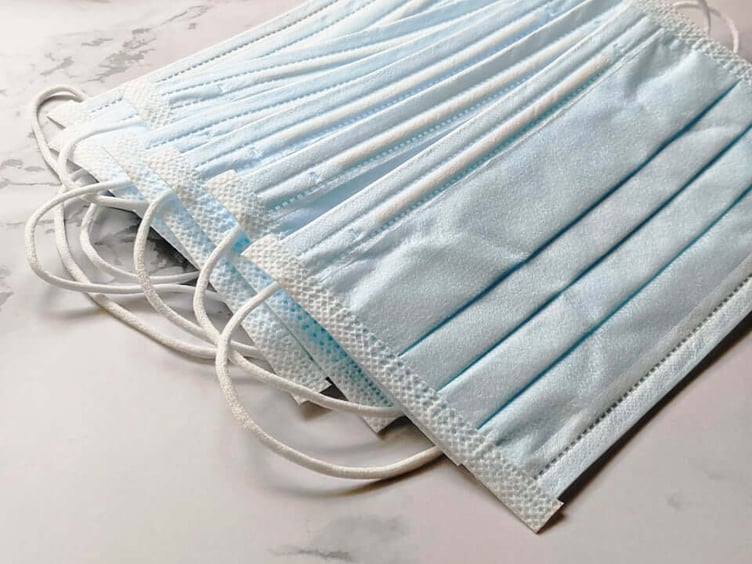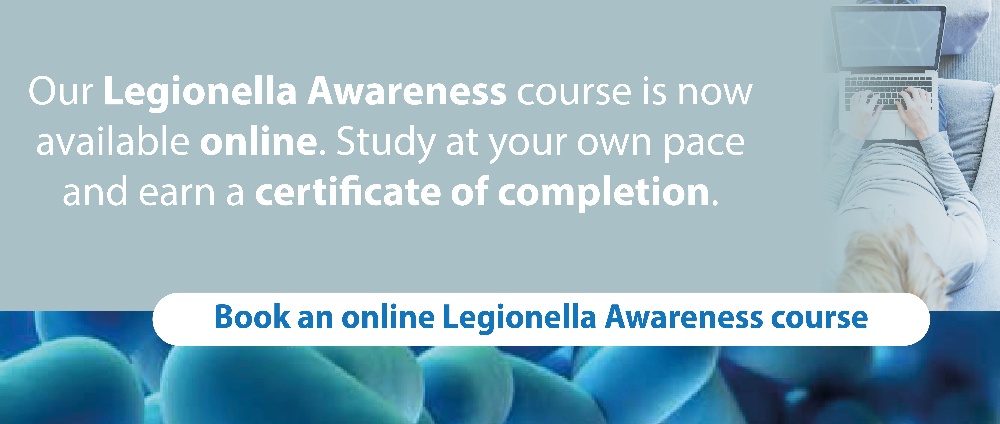A Facebook post which has been widely shared has claimed a woman who thought she had COVID-19, actually had Legionnaires' disease which she had contracted via a reused face mask.
Covid: Facemasks and Legionella?
The post read:
“Mask wearers beware... ⚠️ Worth checking it out. A caller to a radio talk show recently shared that his wife was hospitalized and told she had COVID and only a couple of days left to live. A doctor friend suggested she be tested for legionnaires' disease because she wore the same mask every day, all day long. Turns out it WAS legionnaires' disease from the moisture and bacteria in her mask. She was given antibiotics and within two days was better. WHAT IF these "spikes" in COVID are really something else due to mask wearing??
Copied and pasted – and checked – it's true!”
The short answer to the post is no, you cannot catch Legionnaires disease from a face mask.
It is not known where the post originated from, but the post has been debunked by several organisations which fact-check information on Facebook to prevent disinformation.
Reuters UK spoke to Professor Hugh Pennington, emeritus professor of bacteriology at the University of Aberdeen who said, “Legionella bacteria are not carried in the nose/throat, so how would they get onto the mask in the first place?”
Whilst Legionella.org, a non-profit organisation which shares educational material and scientific research about the disease said:
“You cannot contract Legionnaires' disease from wearing masks. Legionella bacterium is transmitted by aspirating drinking water or breathing in water droplets. Legionella is not spread from person-to-person in respiratory droplets nor does the bacteria survive on dry surfaces. Your mask would not be a source of transmission for the legionella bacteria”.
Facebook is now showing fact-checking messages to users who have interacted with harmful misinformation related to the coronavirus outbreak, in a crackdown on fake news and conspiracy theories fuelling confusion and fear during the pandemic.
It is suggested you independently research information you read on social media before you share it to your family and friends, and listen to experts who you can trust when you read potential disinformation. Always remember, “Karen” from Facebook may not be a bona fide source of the facts.
Further reading> Most common ways of contracting Legionnaires' Disease
Feel free to reach out if you have any questions about the issues mentioned above or if you would like to consult with one of our experts on water hygiene.
Editor’s Note: The information provided in this blog is correct at date of original publication – September 2020.
© Water Hygiene Centre 2020









